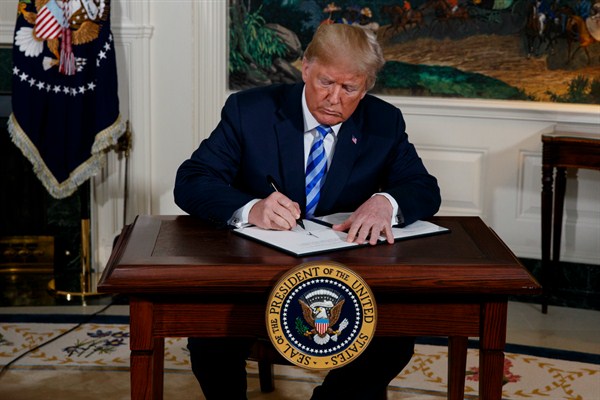Economic sanctions are not a panacea for national security and other foreign policy challenges, though American policymakers often treat them as such. Just in the past year, the Trump administration has imposed new sanctions against Iran, North Korea, Russia and Venezuela, many of them building on sanctions previously imposed by the Obama administration. The overall results are mixed, although in some of these cases, sanctions have contributed to changes in foreign behavior that the United States finds discomfiting or dangerous.
Tough United Nations sanctions against Iran, under President Barack Obama, and North Korea, under President Donald Trump, forced both Tehran and Pyongyang to the bargaining table. In the Iranian case, those negotiations produced the multilateral agreement, known as the Joint Comprehensive Plan of Action, to prevent Iran from developing a nuclear weapons capability in exchange for lifting international sanctions. But Trump railed against the deal while running for president, and once in office, he withdrew from it—over the strong objections of American allies in Europe who had helped negotiate the agreement—and imposed new sanctions. Getting Kim Jong Un to the table has not yet produced an agreement to constrain the nuclear threat from North Korea, though the regime in Pyongyang has refrained from testing nuclear devices or missiles for over a year.
Meanwhile, the U.S. and European Union sanctions against Russia may have prevented a further push by Moscow-backed separatists into Ukraine, but a low-level conflict continues in the eastern part of the country. U.S. intelligence agencies and the Justice Department have also concluded that Russia continues to interfere in American elections. In Venezuela, President Nicolas Maduro stubbornly clings to power despite an intense U.S.-led pressure campaign.

